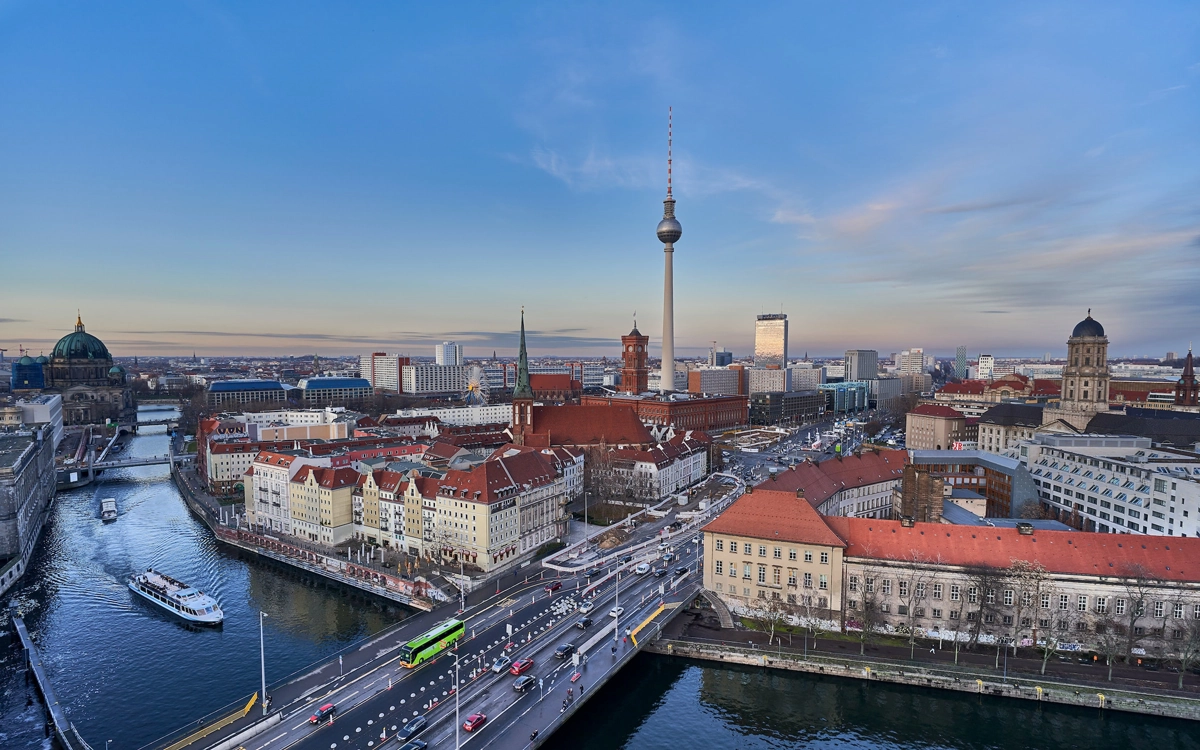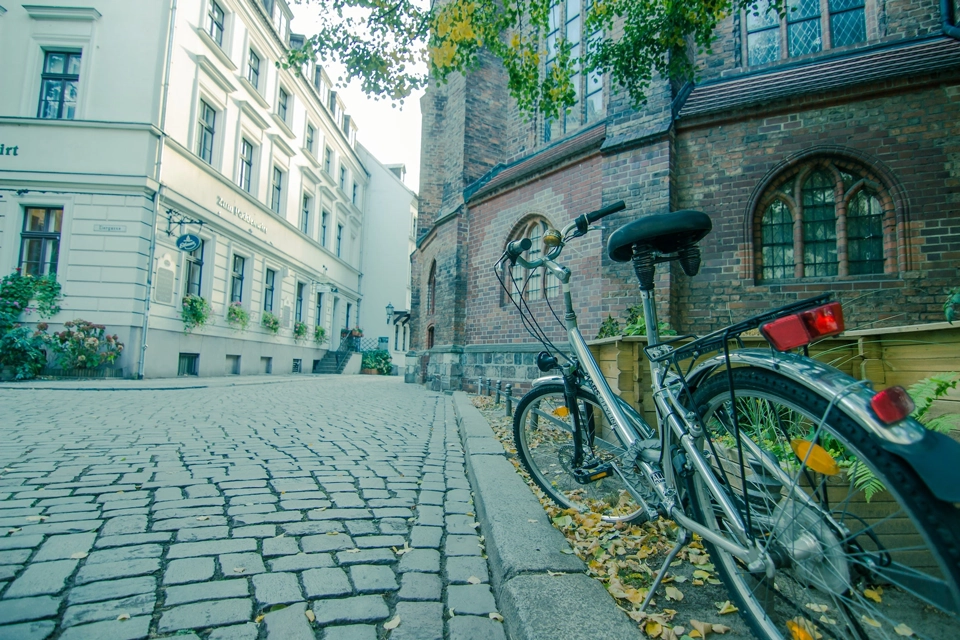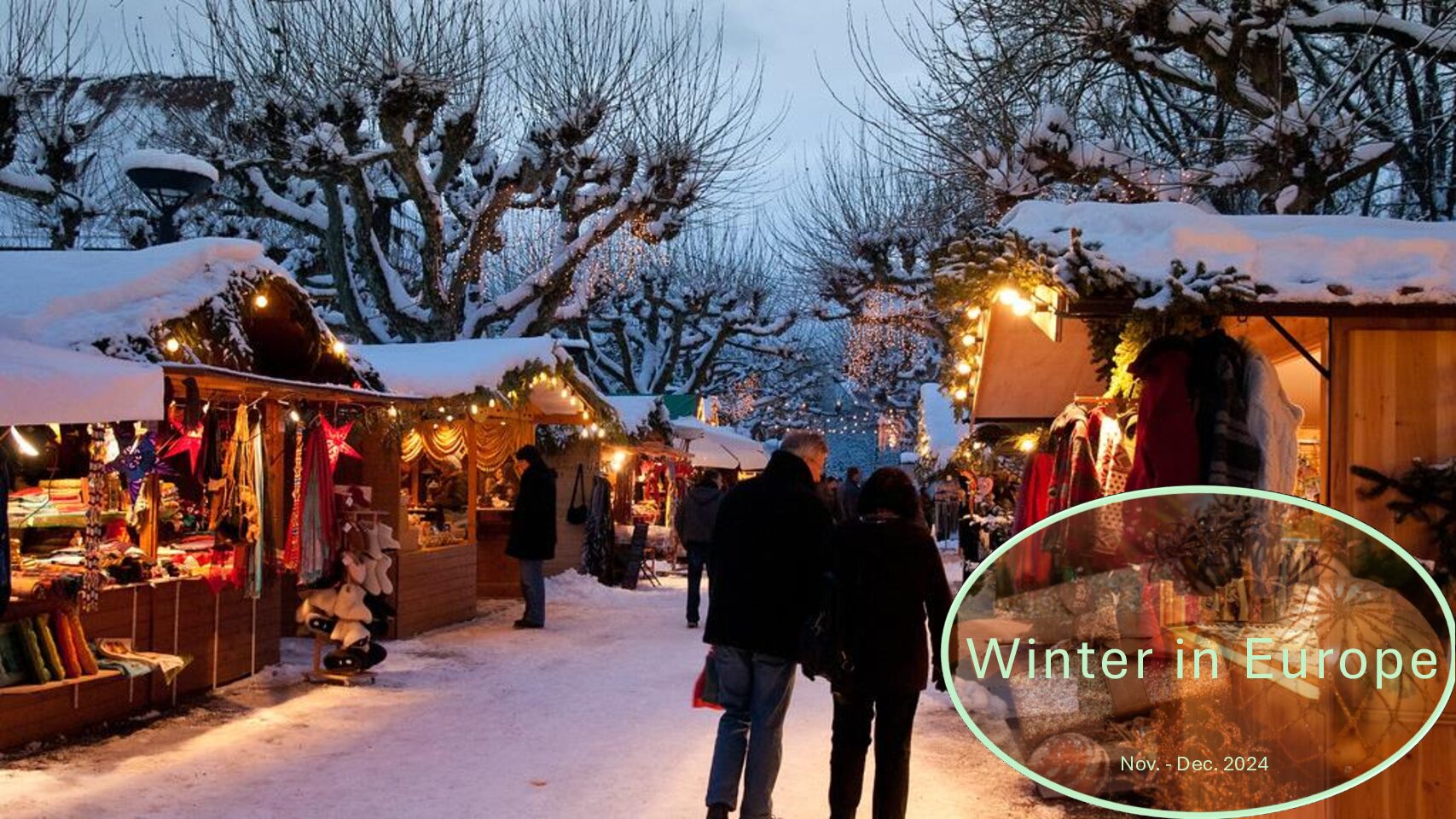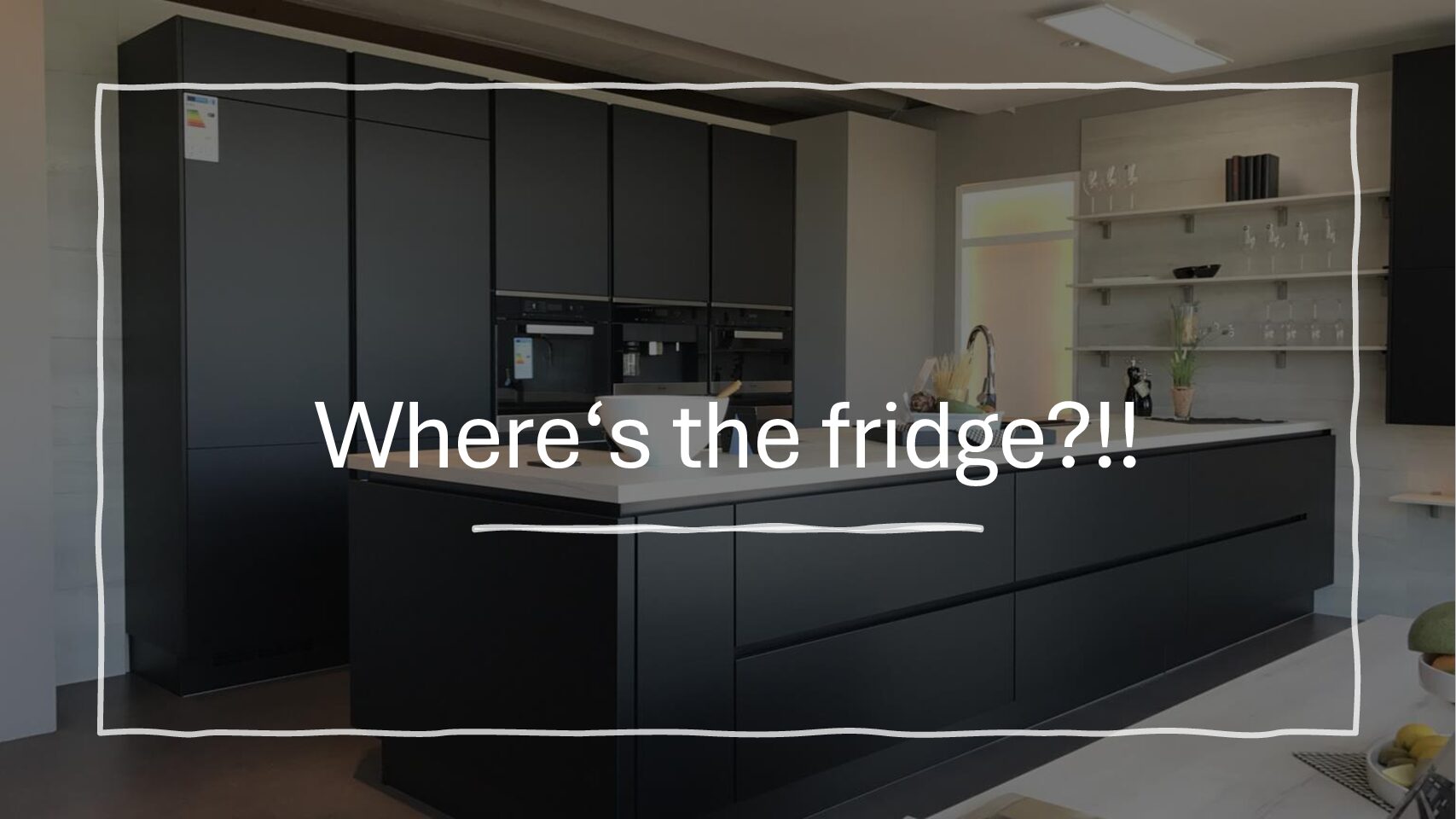
Welcome
Making Germany Your New Home
All our Relocation Assistance Resources and Settling-in Services on ONE page! Find everything from questionnaires to quick guides to help you master your move and first few weeks in Germany like a pro below. Happy Exploring!
Transport
Finances
Residency
Housing
Work
Medical
Utilities
Language
Networking
Recycling
Climate
Contact
Relocation Assistance: Germany
Transportation
Understanding Germany’s transportation system is important for getting around. Try exploring public transportation options like trains, buses, and trams, which are usually efficient and well-connected. Familiarize yourself with local ticketing systems, fares, and schedules. Additionally, Germany is known for its extensive bike routes, so consider cycling a convenient mode of transportation. (Ask your Relocation Emissary for tips.)
click for more information
If you expect to use national, regional, or local trains and buses regularly, consider purchasing the BahnCard50 to take advantage of 50% off fares or the local „hop-on-hop-off whenever you like“ monthly Deutschland Ticket for 49 Euros. (Note: It’s available only as a monthly subscription. Cancellable, of course. Also check ADAC for addiditonal offers, such as the ADAC APP with a 10 Euro starter discount.) Students/pupils in Germany can also enjoy discounted train fares within a specific region by acquiring a Semesterticket. You can find out more about public transport on the Transportation costs in Germany page.
Relocation Assistance: Germany
Finances
In addition to income tax, individuals and households are required to pay special taxes: the household GEZ or Rundfunkbeitrag, which finances public broadcasting. Church taxes are rigorously collected, and should you join a congregation, expect to pay around 8-9% of your income towards the Church. If you work in Germany for an extended period, you may later be entitled to some retirement benefits from the social security service, even if you plan on retiring in another country. View the following page to determine how much income tax you may have to pay: German Tax System page.
click for more information
Bank Account: Opening a bank account in Germany is recommended for managing finances and making transactions. You will need a bank account for salary deposits, rent payments, and other financial matters. Research different banks and their services to find the one that suits your needs. (This may take an hour or so. Your Relocation Emissary will accompany you and translate if necessary.)
Taxation: Understanding the German tax system is vital. Depending on your income and residency status, you may be subject to taxation in Germany. It’s advisable to consult a tax advisor or the local tax office (Finanzamt) to ensure compliance with tax regulations and take advantage of applicable tax benefits. (HR will lend a hand.)
Social Security and Benefits: You may be entitled to social security benefits, such as healthcare, pension, and unemployment insurance. Understanding the requirements and eligibility criteria for these benefits is essential. Research and contact relevant authorities, such as the German Social Security Office (Deutsche Rentenversicherung), to gather the necessary information.
Relocation Assistance: Germany
Residence Permit
If you want to live and work in Germany as an expat you may need to apply for a residence permit (Aufenthaltstitel). Your nationality and reason for relocating to Germany will determine the type of permit you qualify for. If you already have a national visa, you can convert it into the corresponding type of residence permit once all criteria are met. Always remember to keep your Residence Permit card (eAT) and/or ID or passport with you and keep a paper copy at home. Germans are expected to carry an ID card with them at all times, but for foreign nationals, an eAT will suffice.
click for more information
Relocation Assistance: Germany
Housing
click for more information
How much money do you need to live in Germany? You will often need to pay up to three months’ rent and a deposit in advance to rent an apartment, so make sure you have enough savings. Also, budget for Nebenkosten: additional monthly payments to cover fees, refuse, Internet, and other bills. The amount you will pay monthly for an apartment before bills and Nebenkosten are referred to as cold rent or Kaltmiete. Rental costs vary across the country, but you will likely need over €1000 a month to cover rent, bills, transport, and food. Draw up a realistic budget, so you know how much you will need to earn. You can learn more about rent and other living costs on our Cost of Living in Germany page and supporting pages.
Where is the best place to live in Germany? There is no single “best place to live” in Germany. Young creative people are drawn to the vibrancy of Berlin, while the highest standard of living is said to be in Stuttgart, Frankfurt, and Munich. Leipzig is a relatively small but popular, diverse, and culturally rich city that is gaining popularity with younger people. View Housing Checklist HERE.
Relocation Assistance: Germany
Employment
click for more information
Relocation Assistance: Germany
Medical
click for more information
Relocation Assistance: Germany
Utilities
There are numerous internet providers in Germany, but you may also need to get a Deutsche Telekom line fitted first, so check with your landlord. Many young people in Germany rely solely on their mobile phones instead. If you are moving into shared living (WG), you will likely take on specific household bills or pay into a pot of household money (Haushaltsgeld) that will cover costs for the accommodation. If you are setting up your apartment alone, make sure to be aware of the following utility payments you will have to organize:
- Heating (Heizung)
- Electricity (Strom)
- Water (Wasser)
- Cable/Satellite Television (Kabel/Satellite Fernseh)
- Telephone/Internet connections (Telefon/Internetanschluss)
- Home insurance (Hausversicherung)
Relocation Assistance: Germany
Language
click for more information
Language: While many Germans speak English, particularly in major cities and tourist areas, learning German can significantly enhance your experience and integration into the local culture. Taking language courses or using language-learning resources can help you communicate effectively and navigate daily life in Germany.
It is possible to live in Germany without knowing much German. But to find employment and to fully integrate into society, you will need to be able to speak and read German to a good standard, especially if you live outside the major cities. Consider attending an evening language school in your town or doing an online course in German before you relocate.
Bridging Expats is happy to offer Language Training as one of our services!
Relocation Assistance: Germany
Networking
click for more information
Networking and Expat Communities: You can benefit from connecting with local and international communities in Germany. Various expat networks, social groups, and professional associations offer support, networking opportunities, and insights into living and working in Germany. Online forums and social media groups can also be valuable resources for connecting with fellow expats. (Your Relocation Emissary is happy to assist.)
Relocation Assistance: Germany
Recylcing
The Pfand system in Germany means that consumers pay a deposit on glass and plastic bottles, which they get back when they return the bottle. Not all shops will accept all empty bottles, however. They will only accept bottles that they sell in-store. So, collect them and take them to a supermarket. Note: They must have a German Pfand barcode. Expect this way. You’ll get a mini windfall of change!
click for more information
Familiarize yourself with the recycling system in your new home, and ensure you know the collection days. Bins tend to be color-coded, and what the colors mean may change from state to state. If in doubt, ask a neighbor or your landlord. Around 68% of all household waste in Germany is recycled. Typically, plastics, paper, different-colored glass, bio-waste and cans should be separated for recycling, whilst non-recyclable waste has its own bin.
Relocation Assistance: Germany
Climate & Geography
Germany has a temperate seasonal climate, with mild summers and cold winters. It is known for its well-developed infrastructure, efficient public transportation, and high standard of living. The country is also renowned for its cultural heritage, including iconic landmarks such as the Berlin Wall, Castle Neuschwanstein, and the Cologne Cathedral.
Germany, officially known as the Federal Republic of Germany, is a country located in Central Europe. It shares its borders with nine countries: Denmark to the north, Poland and the Czech Republic to the east, Austria and Switzerland to the south, France to the southwest, Luxembourg, Belgium, and the Netherlands to the west. Click for an overview of Germany’s geography and regions.
click for more information
Northern Germany: The northern part of Germany is characterized by a coastal plain along the North and Baltic Seas. It includes states such as Schleswig-Holstein, Lower Saxony, Mecklenburg-Vorpommern, and Hamburg. This region is known for its maritime influence, coastal landscapes, and historical port cities.
Central Germany: Brandenburg, Saxony-Anhalt, Thuringia, and Saxony comprise Central Germany. It features diverse landscapes, including low-lying plains, river valleys, and the Harz Mountains. The region has a rich history. It is known for cultural centers like Berlin, Dresden, and Leipzig.
Western Germany: North Rhine-Westphalia, Rhineland-Palatinate, and Saarland make up this region. Characterized by the Rhine River, tributaries, rolling hills, and vineyards, the area is home to well-known cities, themselves powerhouses of economics – Cologne, Düsseldorf, and Frankfurt.
Southern Germany: Southern Germany is known for its picturesque landscapes, including the Bavarian Alps, the Black Forest, and numerous lakes. The states of Bavaria and Baden-Württemberg are located in this region. Munich, Nuremberg, and Stuttgart are prominent cities in Southern Germany.
Eastern Germany: The eastern part of Germany consists of states like Berlin, Brandenburg, Saxony, Saxony-Anhalt, and Thuringia. This region underwent significant changes after the reunification of East and West Germany in 1990. It offers a mix of historical landmarks, natural beauty, and vibrant cultural scenes.
Happy Relocation, Speedy Integration
Pre-Move Resources & Checklists

Pre-Move Checklist

Housing Checklist

The Lifestyle Outlook

Pre-Move Questionnaire
Subscribe
Sign Up for More Useful Information
Resources to help you get acclimated not only practically but culturally and socially.
Discover Germany
Information & Resources
Memories in a Winter Wonderland
Memories in a Winter Wonderland Winter in Germany is absolutely magical, and for visitors, it’s a family-friendly season packed with unique activities, heartwarming traditions, and plenty of holiday cheer. Memorable experiences of a winter adventure in Germany are...
Jewels of Autumn: Highlights of the Season
Jewels of Autumn in Germany Autumn in Germany is a magical season, brimming with traditions, festivals, and outdoor activities. This guide captures some of Germany’s autumn highlights, inviting you to explore and fall in love with the season’s unique charm. From...
Shopping For Fresh
Shopping habits in Germany
Expat Relocation Services | Germany
Office 1
Weinbergstr. 12, 97717 Sulzthal



